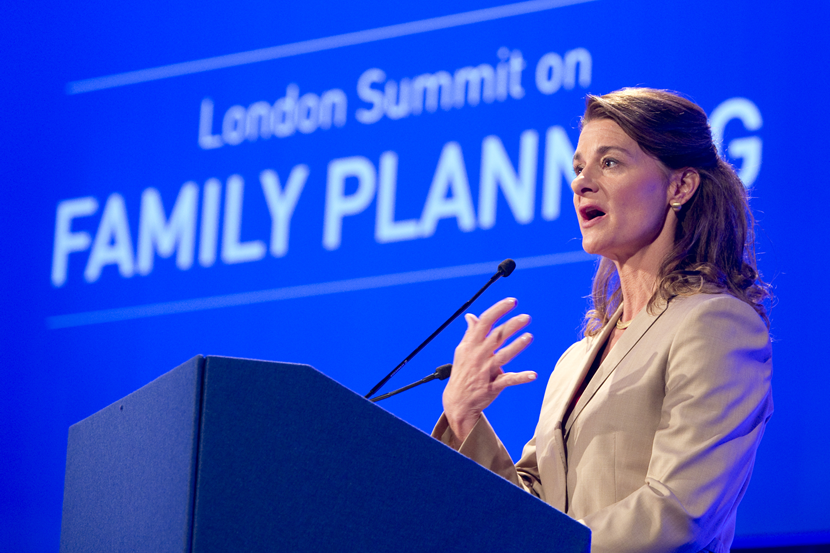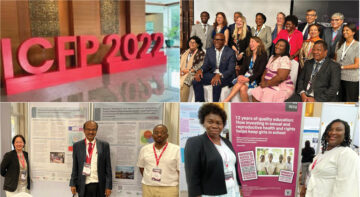News

The London Summit on Family Planning, organised by DfID and the Bill and Melinda Gates Foundation, can be seen as a success.
Thanks to the mobilisation and participation of development partners, civil society organisations, and more than 20 developing countries such as Rwanda, Ethiopia, India and the Philippines, 120 million more women and girls will have access to contraceptive information, services, and supplies by 2020.
Among some of the most significant country pledges was Nigeria’s promise to increase its family planning budget by 300% over the next 8 years. The UK government and the Bill and Melinda Gates Foundation further pledged to double their investments in family planning by 2020.
As a result, the overall goal for a 2.3 billion dollar commitment on the part of governments was exceeded and reached 2.6 billion dollars. The development community was able to match the expected 2 billion dollar commitment.
The collective efforts of international development organizations and governments will result in 200,000 fewer women dying in pregnancy and childbirth, more than 110 million fewer unintended pregnancies, over 50 million fewer abortions, and nearly three million fewer babies dying in their first year of life by 2020.
The summit, mainly viewed as the wedding of ideas on family planning, was an initial step towards achieving MDG 5 and overall economic growth in developing countries.
However, as UK international Development Secretary Andrew Mitchell said, we must wait and see if participants can move beyond the talk and “walk the walk”.
“A country cannot develop properly when its young women are dying from unintended pregnancy and when its children are dying in infancy.”
– David Cameron, UK Prime Minister
Further interesting articles:
BBC’s coverage of the London Summit on Family Planning
AllAfrica’s coverage of the London Summit on Family Planning
Related Posts





